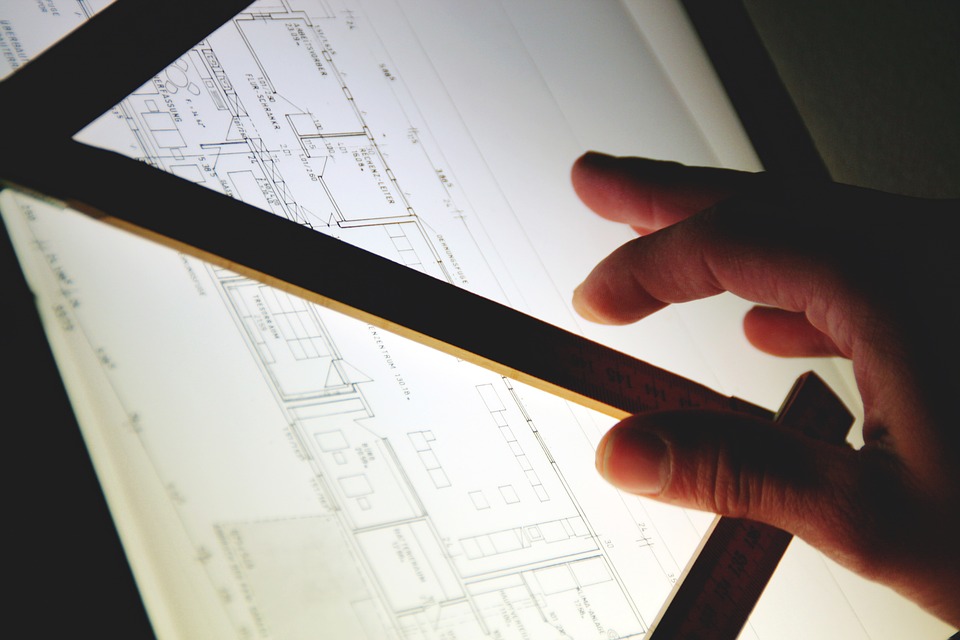
There are three key roles on any construction project that determine its outcome. These professionals are the Architect, the Geotechnical Engineer and the Construction Project Manager and they take on responsibility for developing the three large portions of the project: its design, planning and construction.
Design – The Architect
An architect is the creative and structural mind behind a project’s design. This professional must be masterfully creative and functionally exacting in order to ensure that the project achieves all of its aims. The moment an idea requires a physical representation of it as a real object that is the moment an architect is hired. He listens to the needs and wants, and designs a structure that satisfies them. The process is bound to take months and sometimes years, but the architect is prepared to work through the challenges and desires in order to find the exact point of convergence between the project initiator’s vision for design and function.
The architect is also an active member of the project’s construction, providing oversight, clarification and input, and ensuring the same consistent level of quality from start to finish. And, once the construction project has been completed, the architect must make sure to leave a complete set of the project design plans and recommendations for future maintenance and repairs. He might also be contacted in the future should new issues or questions arise.
Plan – The Geotechnical Engineer
The geotechnical engineer is the person charged with understanding and working with soil and rock, underground water, site and structural conditions, in relation to a construction project. These highly trained experts who include very capable professionals like Reddy Kancharla, plan and design the structures for buildings, roads, embankments, canals and hundreds of other construction projects. Beyond their construction role, the geotechnical engineer will also deal with geological hazards like landslides, soil erosion and, in some extreme conditions, earthquakes. Geotechnical engineers are multi-disciplinary with a working knowledge of a number of engineering fields – including ocean engineering, structural engineering, petroleum engineering and material science. In addition to their engineering duties, geotechnical engineers are mathematicians, technicians and scientists. They conduct many types of investigations relating to the project and work hand in hand with the architect on many of these. They include ground stress bearing and stability analysis, erosion, settlement and slope tests, and any water related tested needed. The geotechnical engineer will also meet directly with project developers and provide input to them about a variety of important topics.
Build – Construction Project Manager
The duties and responsibilities for a construction project manager run the gamut from hiring the contractors to compliance with zoning laws. He sets up the estimates, the budgets and the construction timetable and develops the construction strategy. He selects the subcontractors and work crews, and provides required explanations for the builders and other professionals associated with the project, coordinating and collaborating with the architects, engineers and specialists. The construction manager also ensures the construction project complies with all building codes and any other legal or regulatory requirements. When problems occur, the construction manager is the project’s first responder, ready to make the changes required to move the project past the issue.


